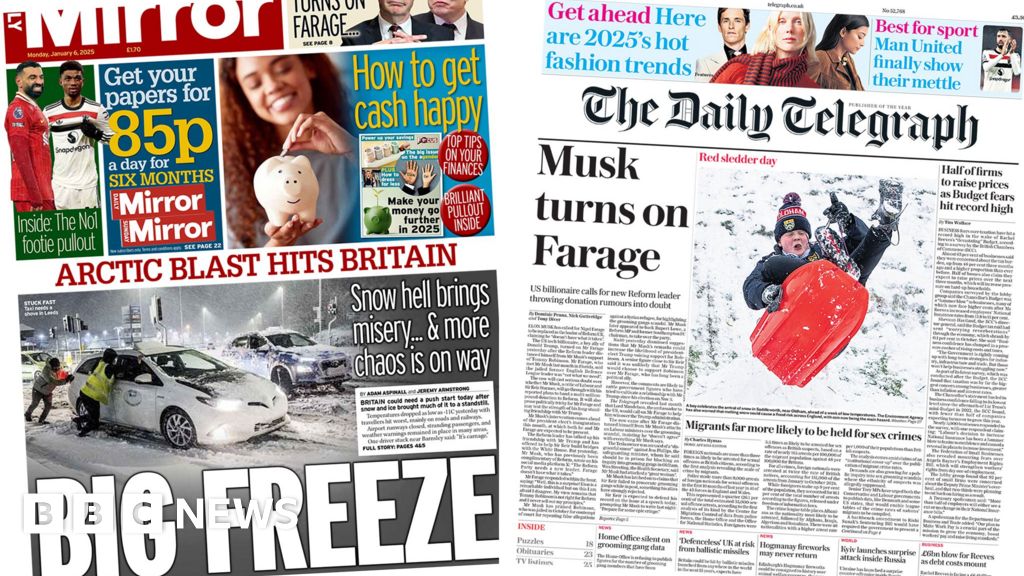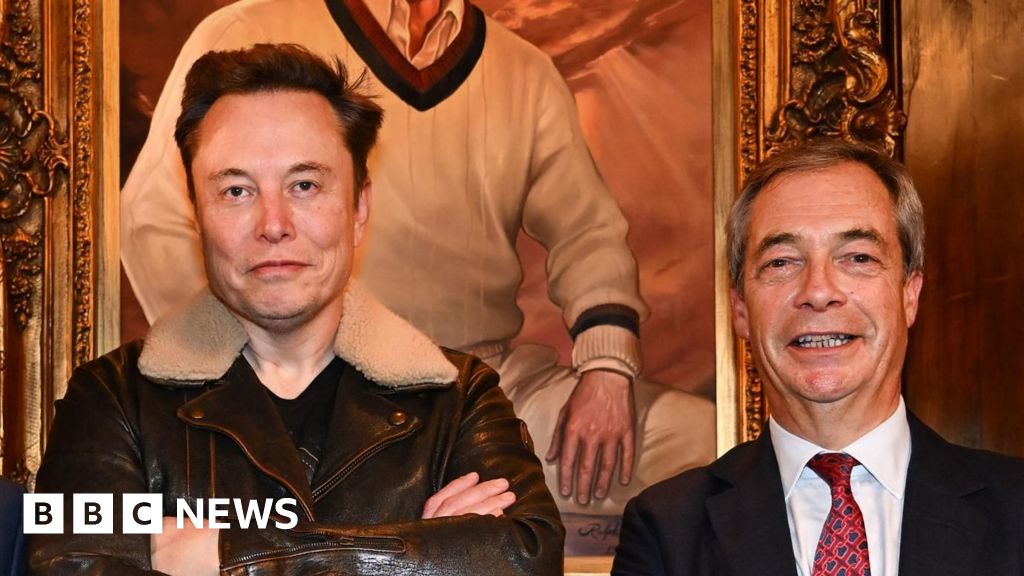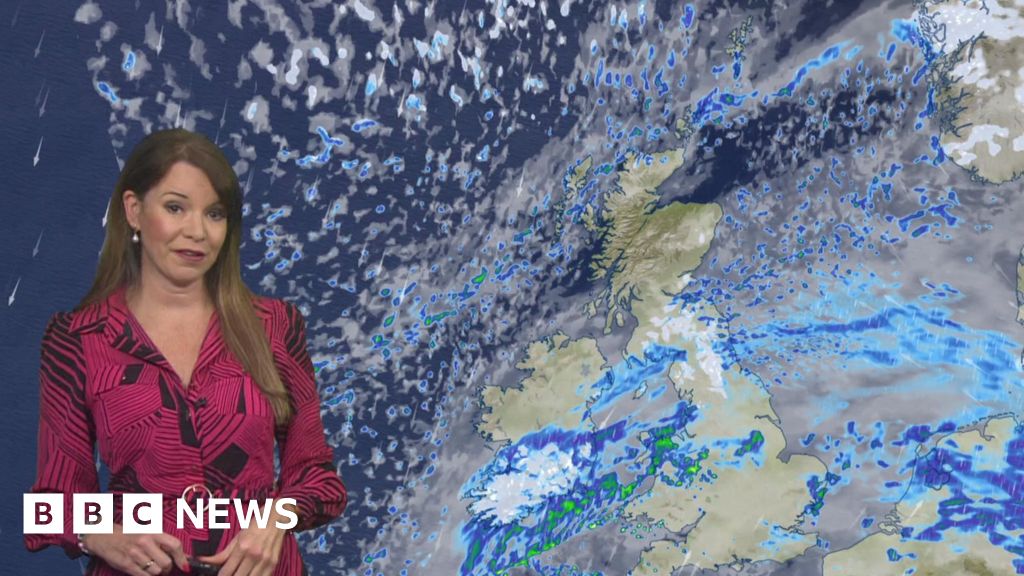The last time I was in New York, the then prime minister – with more than a splash of ostentation – took us reporters to the top of the Empire State Building for interviews.
This time, the prime minister took us to a modest, bordering on non-descript room in the offices of the British diplomats who work at the United Nations.
The first prime minister in question was Liz Truss, the second was Sir Keir Starmer.
Incidentally, the word here was Truss chose her backdrop so she could be higher up than the Manhattan balcony Boris Johnson had previously used for interviews here.
The skyscape of this city is peppered with examples of architectural “I’ll go higher still” one-upmanship.
Here it found political form.
Decisions like these are revealing of character – and character matters in politics.
The other thing I remember from my last trip here two years ago was Truss telling us she was willing to be unpopular.
And we know how that turned out.
Now, Sir Keir is saying the same.
The differences are clear: the new prime minister won his own mandate at a general election, something Truss never did, and he won a colossal majority.
But politics is a popularity contest and the sustained courting of the opposite tends to prove dangerous in the end.
Having observed the new government closely at the Labour Party conference in Liverpool this week, and then followed the prime minister over the Atlantic to New York, I feel as if I have heard as clear an exposition yet of the Keir Starmer governing project.
He has articulated the political condition, as he sees it – how life is, for many, a brittle uncertainty, in his characterisation, that he sees as his mission to address.
The curiosity is his portrait of the country mirrors the self-reflection of some within Labour - a perceived vulnerability despite vast numerical advantage at Westminster.
The party’s outgoing General Secretary, David Evans, wrote in the conference brochure that “governing is tough, the electorate remains volatile and support is only ever conditional and provisional”.
The thing is, does the first perceived brittleness contribute to the second?
And where does embracing things that are unpopular leave either?
Speaking to senior Labour figures about the party’s first few months in office, parallels for those with long memories stretch back to 1997, when Tony Blair first won.
There were bumps in the road back then, it is pointed out, such as a huge row about benefit cuts and a row about tobacco advertising in Formula 1, which prompted Mr Blair to describe himself as a “pretty straight sort of guy”.
Maybe there are some comparisons with the debate now over cancellation of the winter fuel payment for millions of pensioners and all the stories about freebie clothes, glasses and concert tickets for senior government figures.
But there is a big difference.
The zeitgeist then was optimism and significant economic growth, meaning the trade-offs of governing were perhaps less stark and the electorate was perhaps (at least a smidgen) more forgiving.
It all feels rather different now.
The political backdrop of the mid-2020s is an anti-politics era of wild political flux, shrivelled election turnouts, noisy social media and, crucially, a protracted period of squeezed living standards.
Take a recent poll by Ipsos suggesting that, three months in, Sir Keir is the second least popular prime minister since the 1990s, beaten only by Truss.
Sir Keir’s promise to end what he calls “the politics of easy solutions” reaches an audience many of whom appear likely to be unforgiving and have perhaps never been less tribal.
In the last 15 years, Labour, the Conservatives, the Liberal Democrats and the Scottish National Party have hit historic highs or lows, and for some of them both.
It is back to that idea again: volatility and brittleness everywhere.
And where does that leave the collective appetite for patience?
The prime minister’s argument is there is no alternative: change takes time and it is right to be straight about that.
But many a voter’s view was baked in the era of the pandemic, inflation, political turbulence and the long tail of consequence caused by the financial crisis of nearly two decades ago.
Even a colossal majority may offer little shield from the wrath of the disappointed, if delivery is deemed to fall short.
 (1).png)
 3 months ago
8
3 months ago
8


















